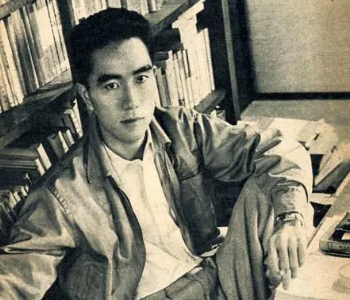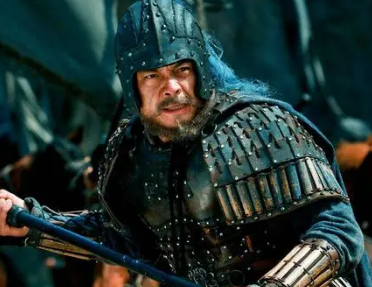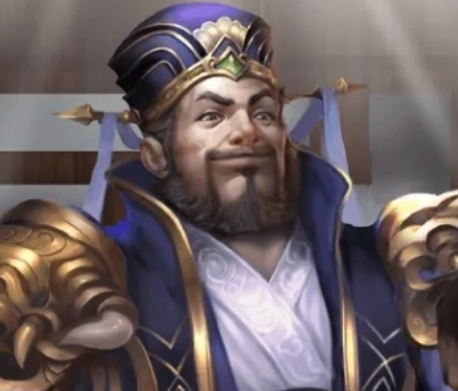In Chinese history, Fengchan is a religious and political activity used by emperors to express supreme respect to the gods of heaven and earth. It is usually held on Mount Tai, symbolizing the emperor's communication with heaven and earth, praying for the prosperity of the country and the legitimacy of the imperial power granted by the gods. However, after the Fengchan ceremony performed by Emperor Zhenzong of the Song Dynasty, this tradition came to an abrupt end. This article will explore why Emperor Zhenzong conducted the Fengchan ceremony and why no other emperor followed this tradition after him.

I. Background and Purpose of Emperor Zhenzong's Fengchan Ceremony
Emperor Zhenzong reigned during the mid-period of the Northern Song Dynasty, an era of internal and external troubles. He conducted the Fengchan ceremony in the first year of the Da Zhong Xiang Fu era (1008), which was another important Fengchan ceremony after Emperor Taizong and Emperor Xuanzong of the Tang Dynasty. Emperor Zhenzong's purpose for conducting the Fengchan ceremony was to demonstrate his legitimacy as the son of heaven on one hand, and to consolidate domestic unity and stabilize the people's hearts through this religious ceremony, while also displaying the strength of the Song Dynasty to the outside world.
II. Historical Significance and Controversy of Fengchan
Fengchan has been a controversial political activity since ancient times. On one hand, it is a symbol of the divinity of the emperor's power, helping to enhance the emperor's image and authority. On the other hand, Fengchan is expensive, and there have been precedents in history where Fengchan has caused controversy. Therefore, each emperor had to weigh the pros and cons when deciding whether to conduct Fengchan.
III. Reasons for the End of the Fengchan Tradition
After Emperor Zhenzong, no other emperor conducted the Fengchan ceremony on Mount Tai due to various reasons. Firstly, as history progressed, the significance of Fengchan as a political tool gradually weakened, especially in Confucian culture, where people placed more emphasis on practical political governance rather than religious ceremonies. Secondly, the increasing border pressure and national financial burden in the later period of the Song Dynasty made the economic cost of Fengchan unbearable. Finally, with the rise of the literary class and Neo-Confucianism, the mainstream social values began to change, and Fengchan, which had a superstitious color, was no longer admired.
IV. Conclusion
Emperor Zhenzong's Fengchan ceremony on Mount Tai was a political choice made against a specific historical background, reflecting the need of the ruling class at that time to maintain political stability and demonstrate the majesty of the emperor. However, with the changes of the times and the progress of social concepts, the tradition of Fengchan was eventually eliminated by the tide of history. From the historical trend after Emperor Zhenzong's Fengchan ceremony, we can understand the complex relationship between political rituals and national governance, as well as how cultural traditions evolve under the influence of changes in the times.
Disclaimer: The above content is sourced from the internet and the copyright belongs to the original author. If there is any infringement of your original copyright, please inform us and we will delete the relevant content as soon as possible.






























